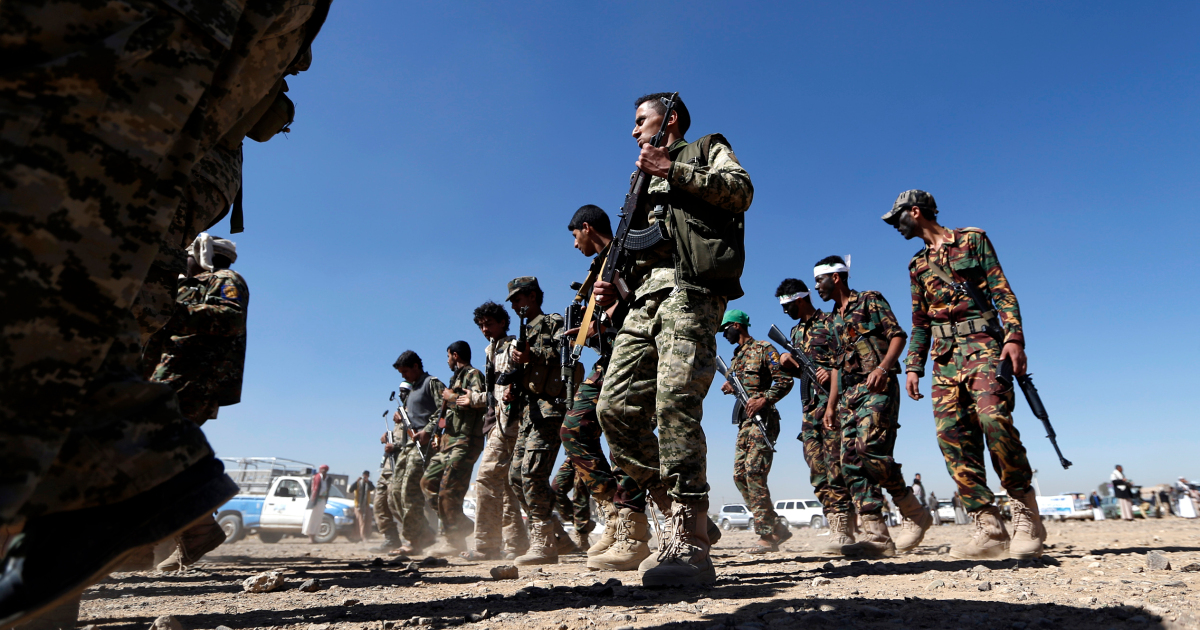A decision to designate Yemen’s Houthi movement as a “terrorist” organisation appears to be the Trump administration’s parting shot to the group’s regional ally, Iran, but there are now real fears the decision may have a devastating effect on millions of Yemenis in desperate need of humanitarian aid.
The Houthi rebels took control of Yemen’s capital Sanaa in September 2014 and about 70 percent of Yemenis live in areas under their control.
The group runs a de facto state in that territory, which includes control of financial institutions and coordination with international non-governmental organisations (NGOs) that supply food and other aid to Yemenis.
The imminent United States designation of the Houthis has worried those NGOs – will they now continue to be able to deal with a “terrorist organisation”? And if not, will that mean a halt to aid being sent to Yemen?
“The designation threatens to further shrink the space and access we need to deliver humanitarian assistance,” said Abeer Etefa, the World Food Programme’s Middle East spokeswoman.
“The humanitarian response does not operate in a vacuum: we work with banks, commercial traders and transporters, who in turn have links to global insurers and so on … Right now, this looks like a worst-case scenario for Yemen. Life has just got harder for millions who are already struggling to survive.”
Famine fears
The argument being made by opponents of the Houthi terrorist designation is the move will impose difficult bureaucratic and legal barriers to working in Yemen.
The country imports 90 percent of its food, and aid organisations are already struggling to help Yemenis in need.
While the outgoing US Secretary of State Mike Pompeo said the US would be issuing licences to NGOs working in Houthi-controlled territory, the fear is the situation is already so dire that any further impediments will only exacerbate the slide to a potential famine in Yemen.













